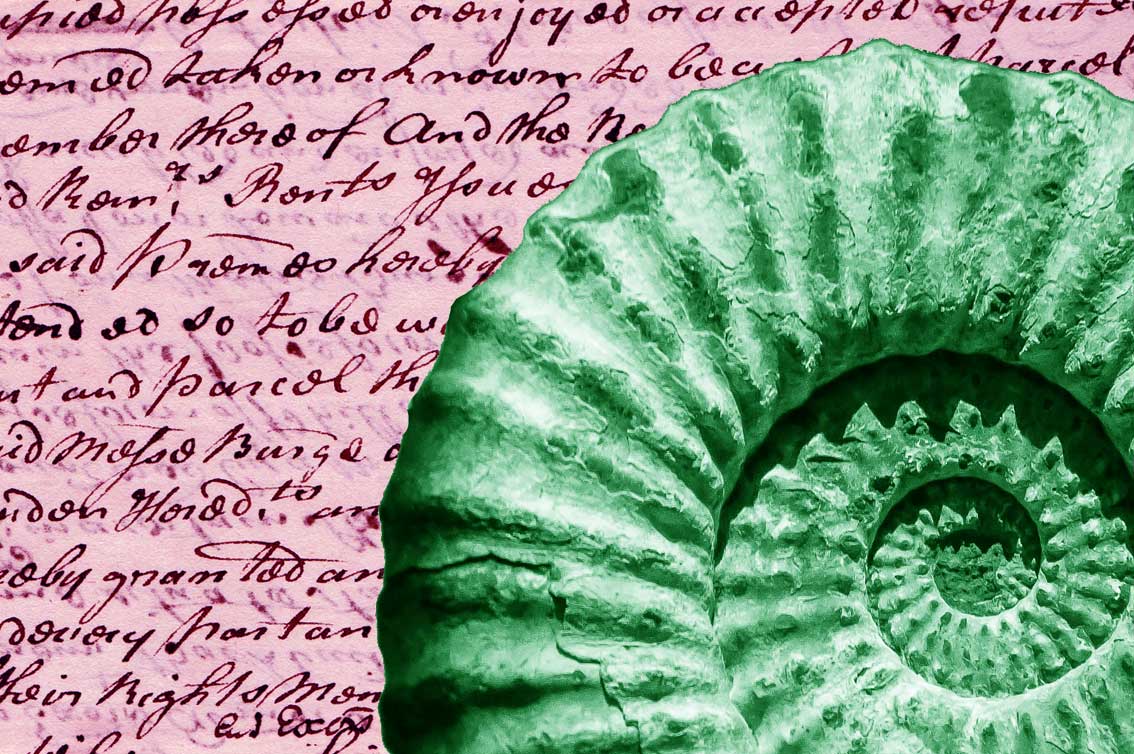
The origins of idioms are lost in the mists of metaphor and meaning: they are “the fossilized poetry of language”
by Pisana Ferrari – cApStAn Ambassador to the Global Village
Chi Luu, a computational linguist and natural language processing researcher, writes about idioms and their special power to draw people together in a recent article for JSTOR Daily. The origins of idioms, she says, are most often frozen in time, lost in the mists of metaphor and meaning, so that their individual words can’t generally predict their meanings. Chuu paraphrases Ralph Waldo Emerson in saying that idioms, though seemingly mundane, are “the fossilized poetry of language”. (1) But their “great alchemical trick” is the quickness with which they fabricate a kind of linguistic intimacy between people. (2) Idioms, she adds, however shopworn, can do this naturally, in a way that’s much harder for plain and ordinary literal language. For one, a shared understanding of the of the same figurative language is a shortcut for two strangers to connect with each other. For another, idioms are typically used in informal, conversational contexts and often describe the social things that affect our lives, such as chatting (“shoot the breeze,” “chew the fat”) or revealing gossip (“spill the beans,” “let the cat out of the bag”).
Challenges in the translation of idioms
Because the overall meaning of the expression cannot be composed from the meanings of its parts, idioms can be a hurdle when communicating with people who do not master one’s language. Idioms also need to be addressed with care when translating into other languages, whether in writing or orally, in order to be rendered adequately, and pose a particular challenge for automated translation. The challenge in machine translation is partly due to the complexity of identifying a phrase as idiomatic and generating its correct non-literal translation, and partly to the fact that idioms are rarely encountered in the standard data sets used for training the systems. So far, results have been mostly poor but there is a lot of ongoing research in this field.
Read more about cApStAn’s Linguistic Quality Assurance processes and how we address the challenges in the translation of idioms, colloquialisms and other cultural aspects of language, in particular in large scale international assessments, at this link. Translation quality in these assessments is crucial as meaning shifts, which are language-driven, and perception shifts, which are culture-driven, can affect the psychometric properties of test items and thus compromise comparability.
Footnotes
1) The original phrase written by Ralph Waldo Emerson is “Language is fossil poetry. As the limestone of the continent consists of infinite masses of the shells of animalcules, so language is made up of images, or tropes, which now, in their secondary use, have long ceased to remind us of their poetic origin.”
2) This is a quote from poet Tony Hoagland’s article on “Idiom, Our Funny Valentine: Its Cunning, Its Romance, Its Power”, The Kenyon Review, vol. 36, no. 2, 2014, pp. 89-105. JSTOR
Sources
“The Linguistic Case for Sh*t Hitting the Fan”, Chi Luu, JSTOR Daily, June 3, 2020 JSTOR is an online library of journals, ebooks, primary sources, and images, and is a part of ITHAKA, a not-for-profit organization that works with the global higher education community to advance and preserve knowledge and to improve teaching and learning through the use of digital technologies.
“Examining the Tip of the Iceberg: A Data Set for Idiom Translation”, Marzieh Fadaee, Arianna Bisazza, Christof Monz, Informatics Institute, University of Amsterdam and Leiden Institute of Advanced Computer Science, The Netherlands, February 13, 2018 https://arxiv.org/pdf/1802.04681.pdf
Graphic elaboration: Graphillus, background photos by Jossuha Theophile (fossil) and Andre Buchanan (old handwriting), both from Unsplash